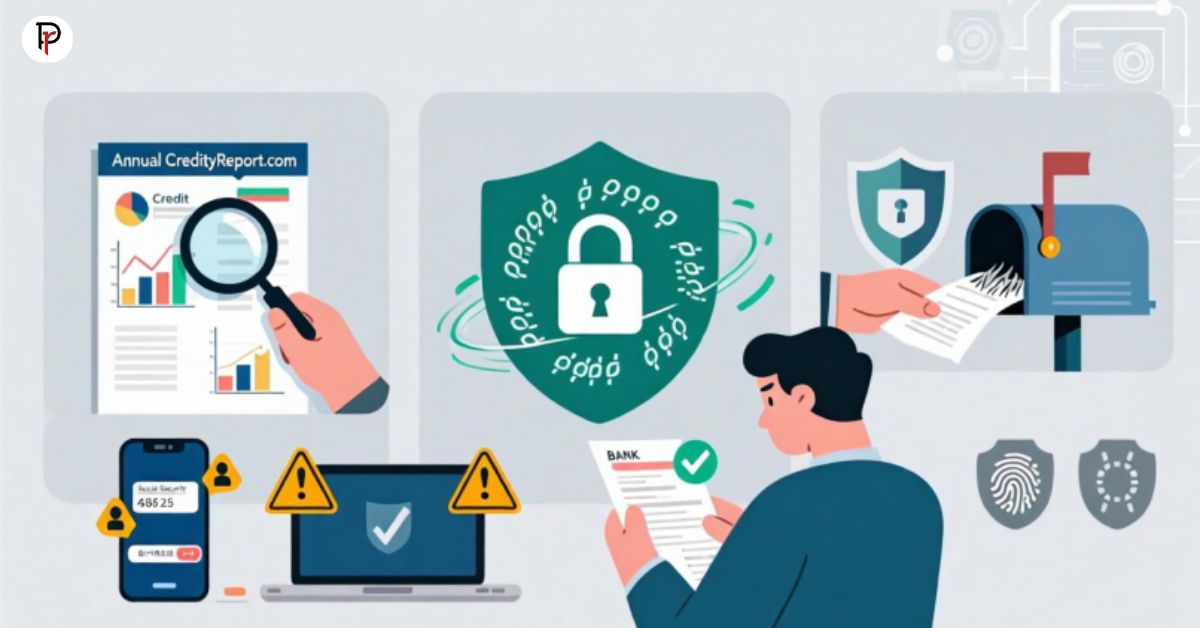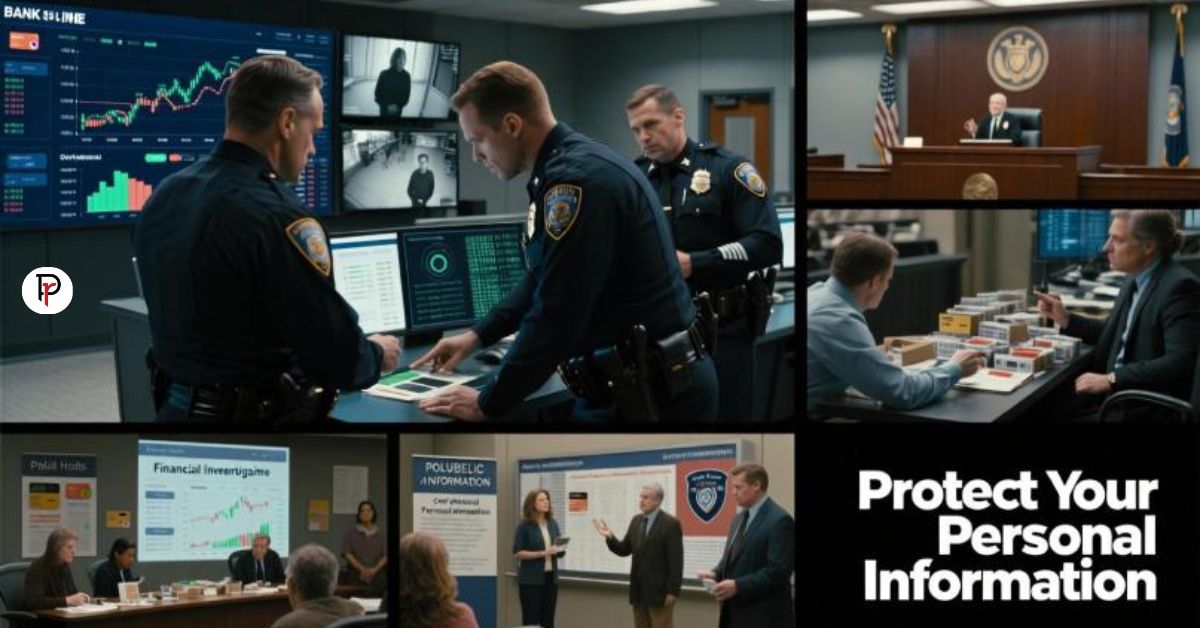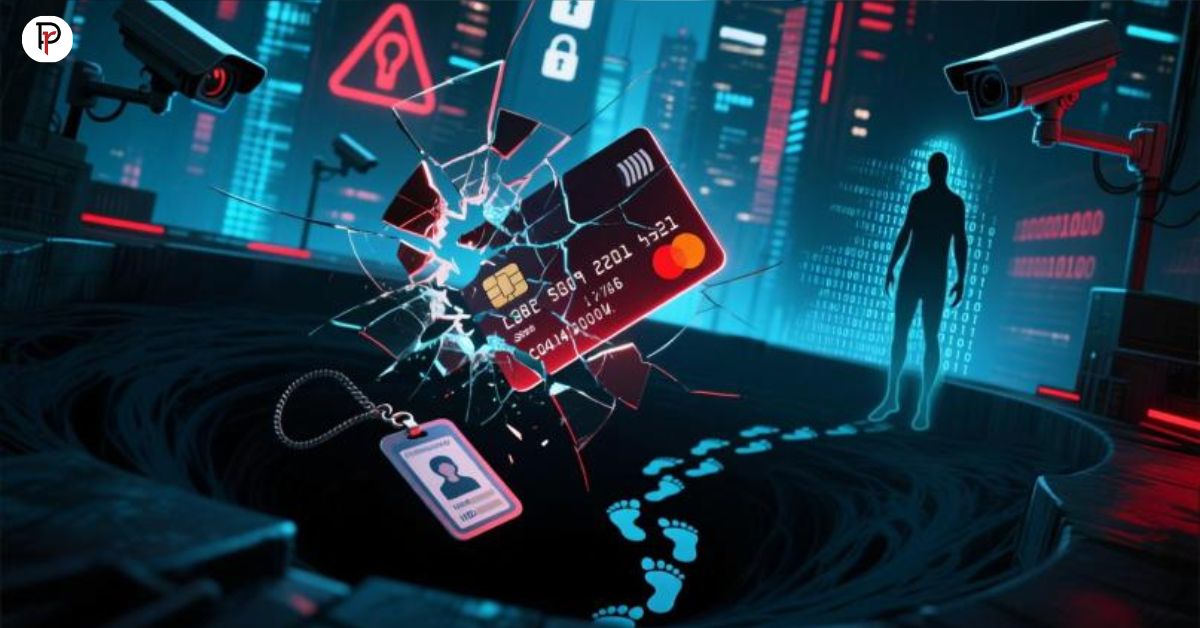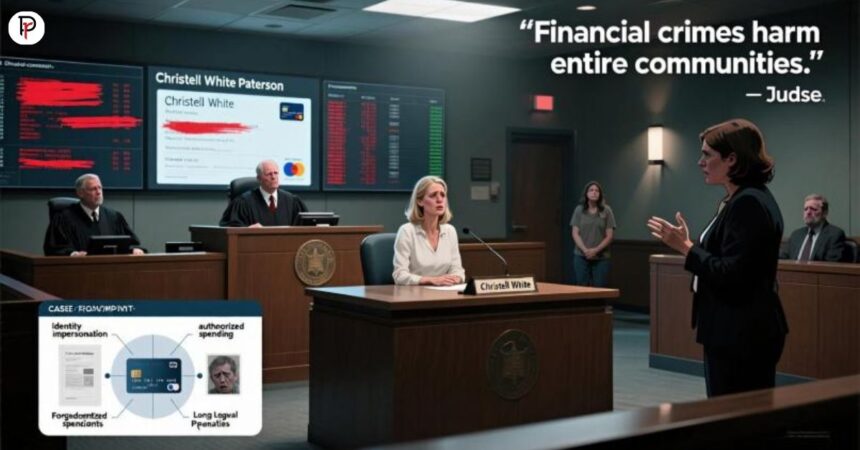A Cautionary Tale from New Jersey
The Christell White Paterson credit card case serves as a stark reminder of how identity theft can devastate innocent victims while destroying the perpetrator’s life. This criminal case from Paterson, New Jersey, demonstrates the serious consequences of credit card fraud and highlights the ongoing battle against financial crimes in our digital age.
In 2016, authorities arrested Christell White, a 42-year-old Paterson resident, for allegedly stealing the identity of a Totowa victim to obtain multiple credit cards fraudulently. The case gained attention not only for its criminal nature but also for illustrating how easily personal information can be misused in today’s interconnected world.
Understanding cases like the Christell White Paterson credit card fraud helps consumers recognize warning signs, protect themselves from similar schemes, and appreciate the serious legal consequences that await those who commit financial crimes.
The Allegations and Criminal Charges
According to court documents and police reports, Christell White allegedly impersonated a Totowa resident to successfully obtain credit cards using the victim’s personal information. The scheme involved sophisticated identity theft techniques that allowed White to bypass standard verification processes used by financial institutions.
Authorities discovered that White had successfully obtained at least one credit card by using the victim’s stolen information and proceeded to use the card for personal expenses. The fraudulent activities continued until the legitimate account holder noticed unauthorized charges and reported the suspicious activity to both their bank and local law enforcement.
Key Elements of the Alleged Fraud:
- Identity Impersonation – Using victim’s personal information to pose as them
- Credit Application Fraud – Submitting false applications to financial institutions
- Unauthorized Usage – Making purchases with fraudulently obtained credit cards
- Financial Harm – Causing monetary losses to both victims and lending institutions
- Document Forgery – Potentially creating or altering identification documents
The investigation revealed that White’s alleged actions constituted multiple criminal violations, including identity theft, credit card fraud, and potentially forgery. These charges carry significant penalties under New Jersey state law and federal financial crime statutes.
ALSO READ THIS POST: The Mystery of Marvin Serrevon: Online Enigma
Legal Proceedings and Consequences

The Christell White Paterson credit card case proceeded through the New Jersey court system with authorities treating the matter seriously due to the financial harm caused to innocent victims. Identity theft cases often involve complex investigations requiring coordination between local police, financial institutions, and sometimes federal agencies.
Criminal charges for identity theft and credit card fraud typically include both felony and misdemeanor counts, depending on the amount of money involved and the sophistication of the scheme. In New Jersey, these crimes can result in substantial fines, restitution payments to victims, and significant prison sentences.
| Charge Type | Potential Penalties | Long-term Consequences |
| Identity Theft | 3-10 years prison | Permanent criminal record |
| Credit Card Fraud | 5-10 years prison | Difficulty obtaining employment |
| Forgery | 3-5 years prison | Loss of professional licenses |
| Theft by Deception | 3-5 years prison | Challenges with housing applications |
The table illustrates how financial crimes like those alleged in the Christell White case can result in life-altering consequences for perpetrators while causing lasting harm to victims.
The Devastating Impact on Victims
Identity theft victims often experience consequences that extend far beyond immediate financial losses. The individual whose identity Christell White allegedly stole likely faced months or years of credit repair, emotional distress, and ongoing vigilance to prevent future unauthorized use of their personal information.
When criminals successfully obtain credit cards using stolen identities, victims must work extensively with financial institutions, credit reporting agencies, and law enforcement to restore their financial standing. This process involves filing police reports, disputing fraudulent charges, and monitoring credit reports for additional unauthorized activities.
Common Victim Experiences Include:
- Damaged credit scores affecting future loan applications
- Time-consuming paperwork and phone calls with financial institutions
- Emotional stress and anxiety about financial security
- Out-of-pocket expenses for credit monitoring services
- Difficulty obtaining new credit while disputes are resolved
The psychological impact of identity theft often proves as challenging as the financial consequences. Victims frequently report feeling violated, anxious about their financial security, and frustrated with the complex process of restoring their credit and identity.
Financial Institution Losses
Banks and credit card companies also suffer significant losses when cases like the Christell White Paterson credit card fraud occur. Financial institutions must absorb the costs of fraudulent purchases, investigate suspicious activities, and implement additional security measures to prevent future incidents.
These institutional losses eventually impact all consumers through higher interest rates, increased fees, and more stringent application processes. The ripple effects of identity theft extend throughout the financial system, making prevention and prosecution crucial for protecting everyone’s interests.
Prevention Strategies and Personal Protection

Learning from cases like the Christell White Paterson credit card fraud helps consumers understand how to protect themselves from similar schemes. Identity thieves use various methods to obtain personal information, from stealing mail to hacking databases, making vigilance essential for everyone.
Effective identity protection requires a combination of proactive monitoring, secure information handling, and immediate response to suspicious activities. Consumers who understand common fraud techniques can better recognize potential threats and take appropriate action before becoming victims.
READ MORE: PCBE Magazine: Guide to Plain Communities Business Exchange
Essential Protection Measures:
- Regular Credit Monitoring – Check credit reports from all three major bureaus annually
- Secure Mail Handling – Shred sensitive documents and use locked mailboxes
- Strong Password Management – Use unique, complex passwords for financial accounts
- Careful Information Sharing – Limit disclosure of personal details online and over phone
- Account Statement Reviews – Examine all financial statements carefully for unauthorized charges
The Federal Trade Commission recommends that consumers remain vigilant about protecting personal information and respond quickly to any signs of identity theft or unauthorized account activity.
Technology and Security Tools
Modern technology offers numerous tools to help consumers protect themselves from identity theft and credit card fraud. Many banks now provide real-time alerts for account activities, while credit monitoring services can detect suspicious applications or inquiries immediately.
Two-factor authentication, encrypted communication channels, and biometric verification systems provide additional layers of security for financial accounts. However, consumers must actively use these tools and maintain good security practices to maximize their effectiveness.
Law Enforcement Response and Investigation

The Christell White Paterson credit card case demonstrates how law enforcement agencies work together to investigate and prosecute financial crimes. These investigations often require specialized knowledge of financial systems, technology, and criminal investigation techniques.
Police departments typically coordinate with bank security departments, credit card companies, and sometimes federal agencies to build comprehensive cases against identity theft suspects. The complexity of modern financial systems requires investigators to trace electronic transactions, analyze spending patterns, and gather evidence from multiple sources.
Investigation Components Include:
- Financial transaction analysis and pattern recognition
- Coordination with banking institutions and credit card companies
- Evidence collection from electronic and physical sources
- Victim interviews and impact assessments
- Suspect surveillance and background investigations
The collaborative approach to investigating financial crimes helps ensure that cases like the Christell White fraud receive thorough investigation and appropriate prosecution.
Community Impact and Awareness
High-profile cases like the Christell White Paterson credit card fraud serve important educational purposes for local communities. When residents learn about specific criminal activities in their area, they often become more vigilant about protecting their own personal information and financial accounts.
Community awareness programs, often conducted by local police departments and consumer protection agencies, help educate residents about common fraud schemes and prevention strategies. These educational efforts create stronger community defenses against financial crimes.
The Broader Context of Financial Crime

The Christell White case represents just one example of the widespread problem of identity theft and credit card fraud affecting millions of Americans annually. According to the Federal Trade Commission, identity theft consistently ranks among the most common consumer complaints, with credit card fraud being particularly prevalent.
Understanding individual cases helps illustrate the human cost of these crimes while demonstrating the importance of strong prevention efforts and effective law enforcement response. Each case provides lessons that can help protect future potential victims and improve security systems.
National Identity Theft Statistics:
- Over 5 million identity theft reports filed annually
- Average victim loss of $1,100 per incident
- Credit card fraud accounts for approximately 30% of all identity theft cases
- Recovery process typically takes 6-12 months for victims
- Total annual losses exceed $50 billion nationwide
These statistics underscore the massive scope of identity theft and the importance of both individual vigilance and systemic security improvements.
Lessons for Financial Institutions
The Christell White Paterson credit card case also provides important lessons for financial institutions about improving their verification processes and fraud detection systems. Banks and credit card companies must balance customer convenience with security measures to prevent unauthorized account openings.
Many financial institutions have implemented enhanced verification procedures, including multi-factor authentication, document verification systems, and sophisticated fraud detection algorithms. However, criminals continue to develop new methods to bypass these security measures, requiring ongoing vigilance and system improvements.
Effective fraud prevention requires collaboration between financial institutions, law enforcement agencies, and consumers to create comprehensive defense networks against identity theft and related crimes.
Conclusion
The Christell White Paterson credit card case serves as a powerful reminder of the serious consequences of identity theft and credit card fraud for all parties involved. While the alleged perpetrator faces significant criminal penalties and long-term consequences, the victims must deal with damaged credit, financial losses, and emotional distress.
Understanding cases like this helps consumers appreciate the importance of protecting their personal information and monitoring their financial accounts regularly. The collaborative efforts of law enforcement, financial institutions, and informed consumers create the strongest defense against identity theft and related financial crimes.
By learning from these real-world examples, we can better protect ourselves and our communities from similar criminal activities while supporting effective prosecution of those who choose to victimize innocent people through financial fraud.
READ THIS BLOG: Jacob Cain Mugshot Gainesville GA: Case and Its Impact
Frequently Asked Questions
1. How long do identity theft cases typically take to resolve through the court system?
Most identity theft cases take 12-18 months to complete, depending on the complexity of the charges and court schedules.
2. Can victims recover all their losses from identity theft crimes like the Christell White case?
Recovery depends on court-ordered restitution, insurance coverage, and the perpetrator’s ability to pay, but victims often recover only partial losses.
3. What happens to fraudulent credit cards after someone is arrested for identity theft?
Banks typically close the accounts immediately, reverse fraudulent charges, and cooperate with law enforcement in building the criminal case.
4. Are there statute of limitations for prosecuting credit card fraud cases?
Most states have 5-7 year statute of limitations for credit card fraud, though federal charges may have different time limits.
5. How do background checks reveal identity theft convictions to potential employers?
Identity theft convictions appear on criminal background checks as felony records, potentially affecting employment opportunities for many years.
